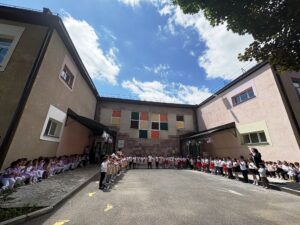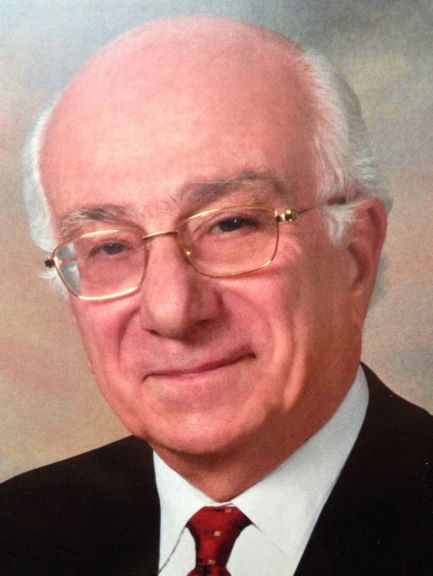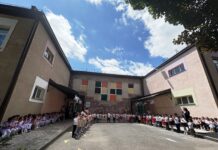By Dr. Arshavir Gundjian C.M.
On September 21, Armenia and all Armenians mark the historic cornerstone of the 30th anniversary of the independence of the Republic of Armenia, which was declared in 1991, after a historic referendum and a resolution passed at the Supreme Council (National Assembly). Levon Der Bedrossian [Ter Petrosyan] was then elected the first president of the newly independent Armenian republic.
Since then, September 21 has become a landmark date for the Armenian people across the world, with independence anniversary celebrations organized, small or large, with legitimate pride and joy. Indeed, after several centuries of a most difficult history, at the tail of which Armenians had also become the victims of the devastating first largescale genocide of modern history in 1915, and after a last stretch including a brief first republic followed by some seven decades as part of the Soviet Union, Armenia in 1991 appeared to be finally entering a promising period of true independence.
History and Hopes
On that date Armenia was still facing enormous humanitarian and political challenges. It had just survived a devastating earthquake in 1988. The collapse of the Soviet Union had immediately created an intense adversarial relationship with neighboring Azerbaijan and Turkey due to the historic decision of the Armenians of Artsakh, who had also declared their legitimate right for independence, leading to a war of liberation.
Despite such trying concerns, in 1991 the Armenian world was upbeat. The Republic of Armenia, as the continuation of the Soviet Republic of Armenia, had inherited quite a strong infrastructure. Indeed, in spite of the repressive communist regime, during the preceding seventy years, Armenia had become a truly all-inclusive state, respectable in all its aspects, and to be reckoned with. Armenia had an impressive industry. In the world of science and research it had developed and acquired an impressive and respectable position at the highest international levels. As one of the most productive military development regions of the defunct USSR, it had acquired top-level military knowledge, experience, and abilities. As for the Armenian diaspora, some hundred years after the genocide, it too had become a vast mass of multimillions with impressive human and financial resources, which stood both overwhelmed and excited by the sudden independence of their homeland. It was ready, willing, and eager to help its motherland in any way possible.








